Kohankivi
Wind's howling. Better get to the caves.Kohankivi is a large town in Vuorenmaa located within the lower reaches of the Talmian Range along a common trade route leading to Haeng Na and Tsukirai.
The town's geographical position is highly defensible, but comes at the cost of being relatively prone to natural disasters. It has historically been a significant battlefield, trading hands between Vuorenmaa and its neighbours many a time.
The town is lush with natural resources given its tall, sturdy forest and deep mines, earning it the rare capability of relative self-sufficiency in most regards. Its nature as a trade town has positioned it as a hotspot for artisans and enterprising sorts, and while it is not possible to sail up to Kohankivi, its nearby rivers do allow those travelling deeper into the nation to send some of their cargo ahead by water.
Its people are predominantly human, halfling, and dwarven, though it has become such a melting pot that most folk are welcomed in. Those who become registered citizens of the town are held in much higher regard than those drifting in by the townsfolk, but their social masks - a necessity for trade - generally hide that fact from outsiders.
Infrastructure
When just about every war, wind, and wave comes your way, you do need some ways to handle it.Kohankivi knows, intimately, the pain of losing everything. Many times in the town's history has it been razed to the ground through warfare or wildfire, washed away in avalanches and riverine floods, decimated by furious storms, and in one strange incident, filled with thousands of small pink slimes. In the wake of these countless tragedies (and oddities), the town's infrastructure has become extremely flexible in what it handles. Most important and chief to the town's infrastructure (and defence plans) are its evacuation points and shelters. While day-to-day industry and trade are more important nominally, everyone who lives in the town understands the risk disaster poses.
Every home and building are required to have labelled emergency exits, indicated with either a greenglass light or with a painted green triangle symbol, above them to facilitate a swift egress.
Thanks to the cave system below the town, there is a separate, subterranean level of the town that functions both as an excellent area for those who dislike sunlight - such as the half-light - and as a gathering place during disasters.
The town's few mages have worked together to reinforce this area, ensuring that it is the one part of Kohankivi that manages to escape the majority of its disasters untouched. Beyond emergencies, though, the town's infrastructure largely revolves around enabling its production and trade industries.
They maintain the roads leading to and from the town, even in the depths of winter, and have a small river-port that permits both set-offs from boats constructed or brought to the town and some amount of regulated fishing activity.
Guilds and Factions
You can't just go ask the Oivio lad to make you a tool. You'll upset the Niniisto brothers across the street again.Naturally, any town so heavily stacked with trade and industry is going to be chock-full of political problems. Many industry guilds, both native to Vuorenmaa and spreading out from other areas of Xin-Jiyu or Valathe, have ended up with small workshops crammed into the town's industrial sections and trading areas packed along the main streets for visitors and locals to enjoy.
The more powerful of these guilds, such as one Galasthin guild of gemcraft sponsored by their House Qu'athari, maintain magical defences across their workshop and contribute to town defences in return for lower taxes and better locations, while the less powerful take full advantage of the access the well-travelled location gets them.
The risk of destruction is significant for the town's many factions, and disaster has always been known to throw the intricate political situation into disarray.
One past attack on Kohankivi saw a gnomish merchant from Soniuch Zan injured by an attack from a Haeng Na military force, which almost saw a mild border scuffle escalate from troubles between Vuorenmaa and Haeng Na into a continent-wide issue due to the defence pacts between Soniuch Zan and Galasthin.
These diplomatic issues, whether local or grander in scale, are not always negative. Some can be extremely beneficial to both the town and nation, in fact.
History
Here, we shall be prosperous. Here, we shall risk ruin. I think the balance is worth it - can't get bread this good from the cities.Kohankivi stands in a desirable spot for any group to settle. It has good access to clean water, lumber, and caves, with many sites along the river being perfect for reasonable amounts of crop growth. It is naturally sheltered on one side by the mountains, and on the others by forest or river. Over the years, it has had many names as different tribes or nascent groups have attempted to settle there. The caves hold the evidence of their passing. A museum stands near the centre of the town with the most significant of the archaeological finds regarding their shared past, for there is no documented evidence of many of these societies. There are occasional records: Galasthin once maintained a military outpost here early in the Era of the Divine, and Meihua ran lumber operations in the area for a few centuries during the empire's reign, for instance.
However, in many cases, the only evidence is what has been found in the ground.
The most significant of these historical finds is a magical blade crafted from mythril, a powerful silver-like metal not currently found in the extant mines around Kohankivi. Named as the Kohankivi Kaitama, it is rumoured to have been wielded by a mythical hero when demonic forces pounced upon the town in ancient times.
Though definitely ancient and definitely carrying evidence of fights against demons - not least because it was found near a balor's skull in the mines - there has been no evidence as to its once-wielder, nor the civilisation they may have belonged to.
Instead, locals have claimed it as a sacred blade of the town's protection. If a threat the town meets is beatable by a blade (for one cannot stab a storm), then it is legally acceptable to borrow the blade from the museum to wield in the town's defence - if potentially politically unwise.
Alternative Name(s)
the Enduring Stone
Type
Large town
Population
Varies; ~16k permanent residents
Inhabitant Demonym
Kohankivikas
Location under
Owner/Ruler
Owning Organization
When I was a wee brat, I always wondered why my father wouldn't let me join him with his merchanty ways until we got past Kohankivi. Wish I'd found out in a better way. He lived, thank the Queen's grace and the spirits' luck, but mercy me. The old man lost an arm from the rockfall. Can't even use that as an excuse to skip it next year. They rebuild quick, and it's too damn useful of a place.
The Curse
Visitors to Vuorenmaa should be made painfully aware of the nation's curse. That which dies in Vuorenmaa is not truly dead: the dead linger, requiring Caretakers to usher them onto the next life. This is a particularly bad mix with Kohankivi, where many traders from distant Valathean lands may never have heard of the curse, and yet risk their lives by staying in the town for a time. The locals do not popularise the issue to avoid controversy and/or trade impact, but they do also face regular threats from the undead. The long history of their town's brutal deaths has contributed greatly to the rise of necromantic forces in the nearby forests and caves, often commanded by twisted individuals who seek to take advantage of Vuorenmaa's curse. Thus: the town has a very significant religious presence, manifested most strongly in the number of paladins that linger there. Other nations often send their religious warriors to Kohankivi for training exercises, knowing that the Blind Queen will allow their audacity so long as it benefits her and her people. The local religious order is known as the Rahavaht. They venerate deities of death and repose, and support the use of necromancy only as far as it may be used to help their lost, lingering kin. They serve as supports to the Caretakers, as defenders of the town, and as a means of spiritual connection, counselling, and shared grief. With the heartbreaking events that so often strike the town, the Rahavaht are often needed.It is interesting to compare how the Blind Queen treats Kohankivi versus her smaller towns like Drameer. Should a queen not love all her subjects equally? Why, then, do the villages suffer far more tragedy than the towns are permitted to? Surely they could at least allow the foreign paladins to aid.


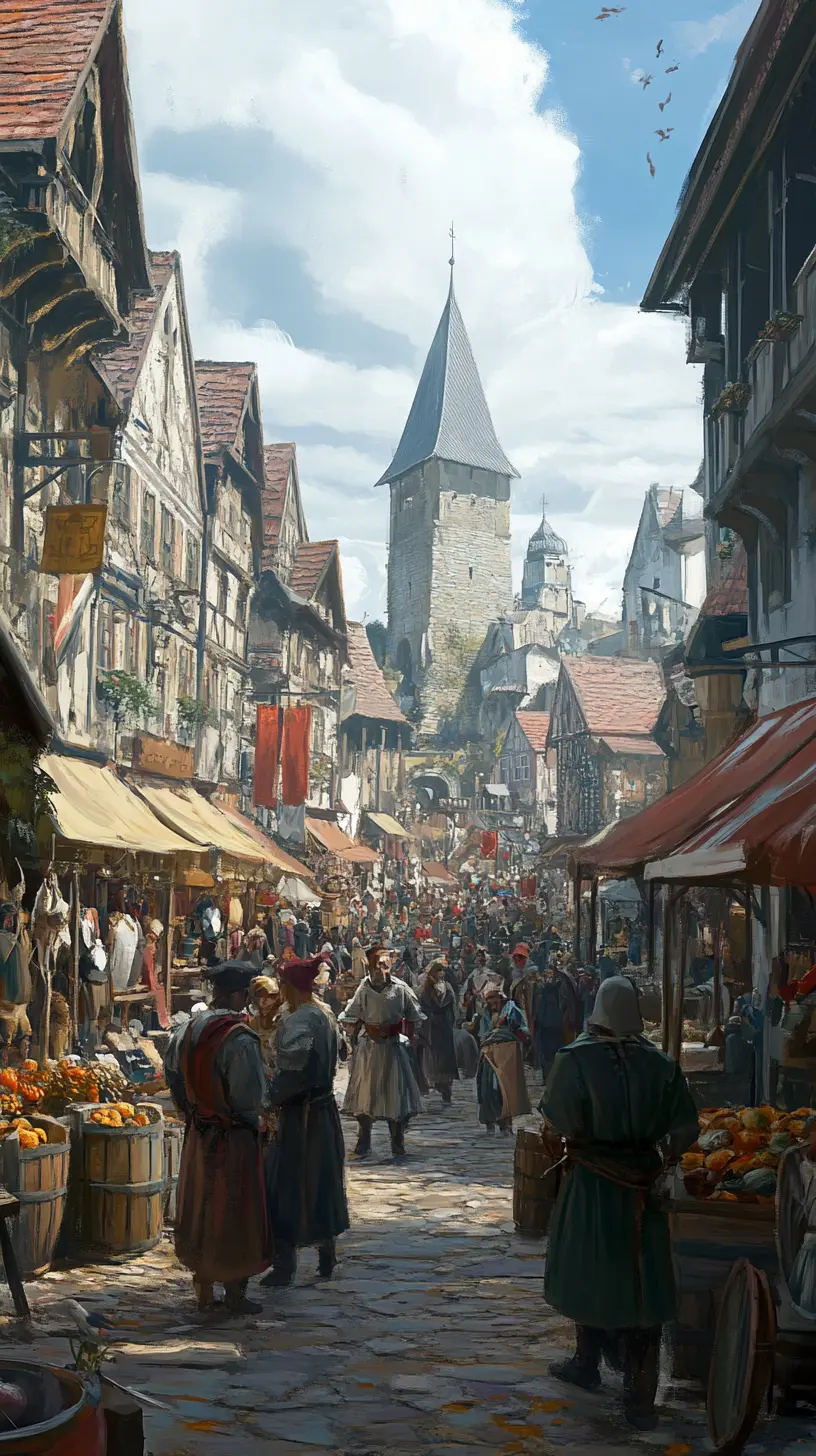
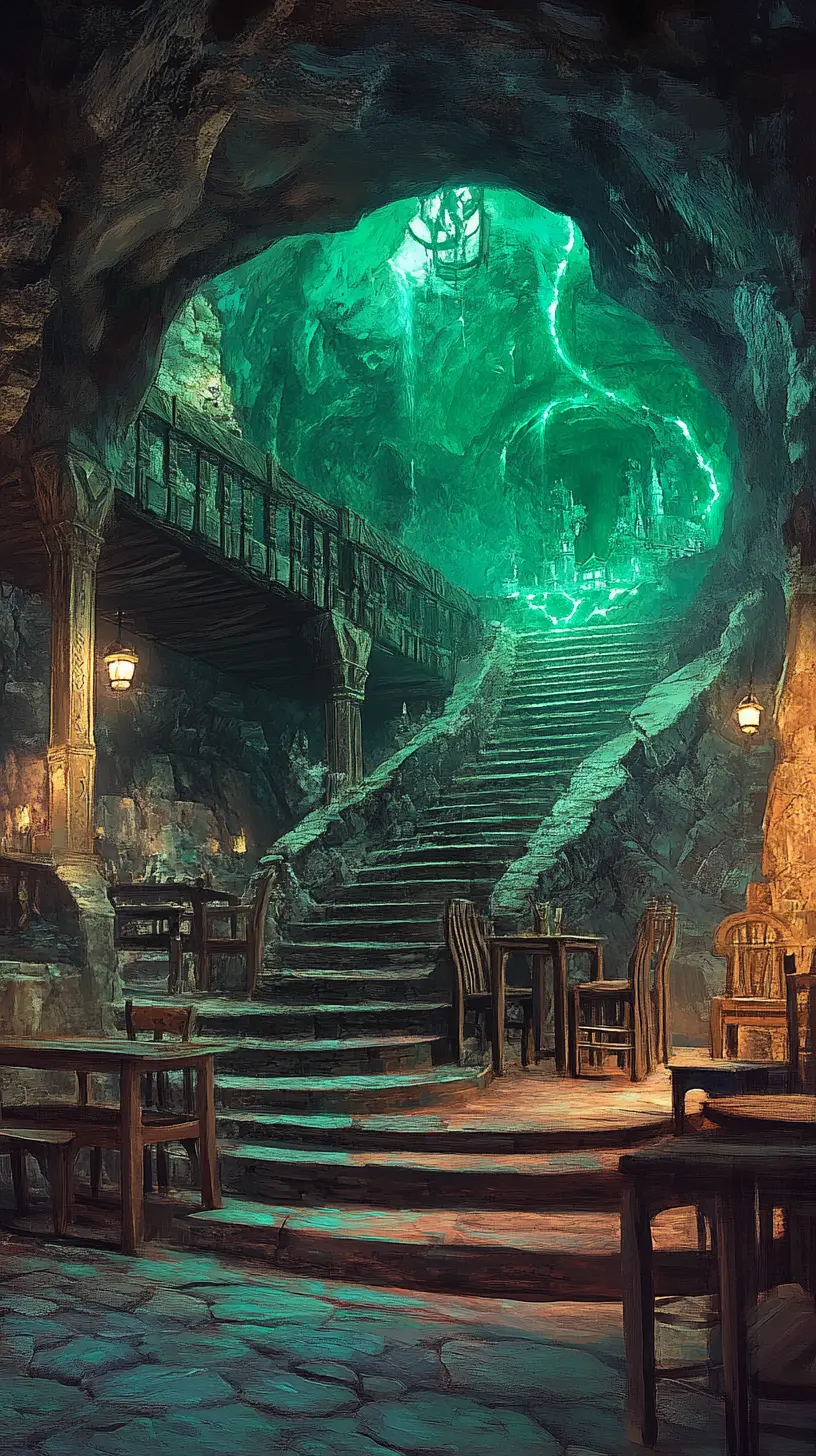
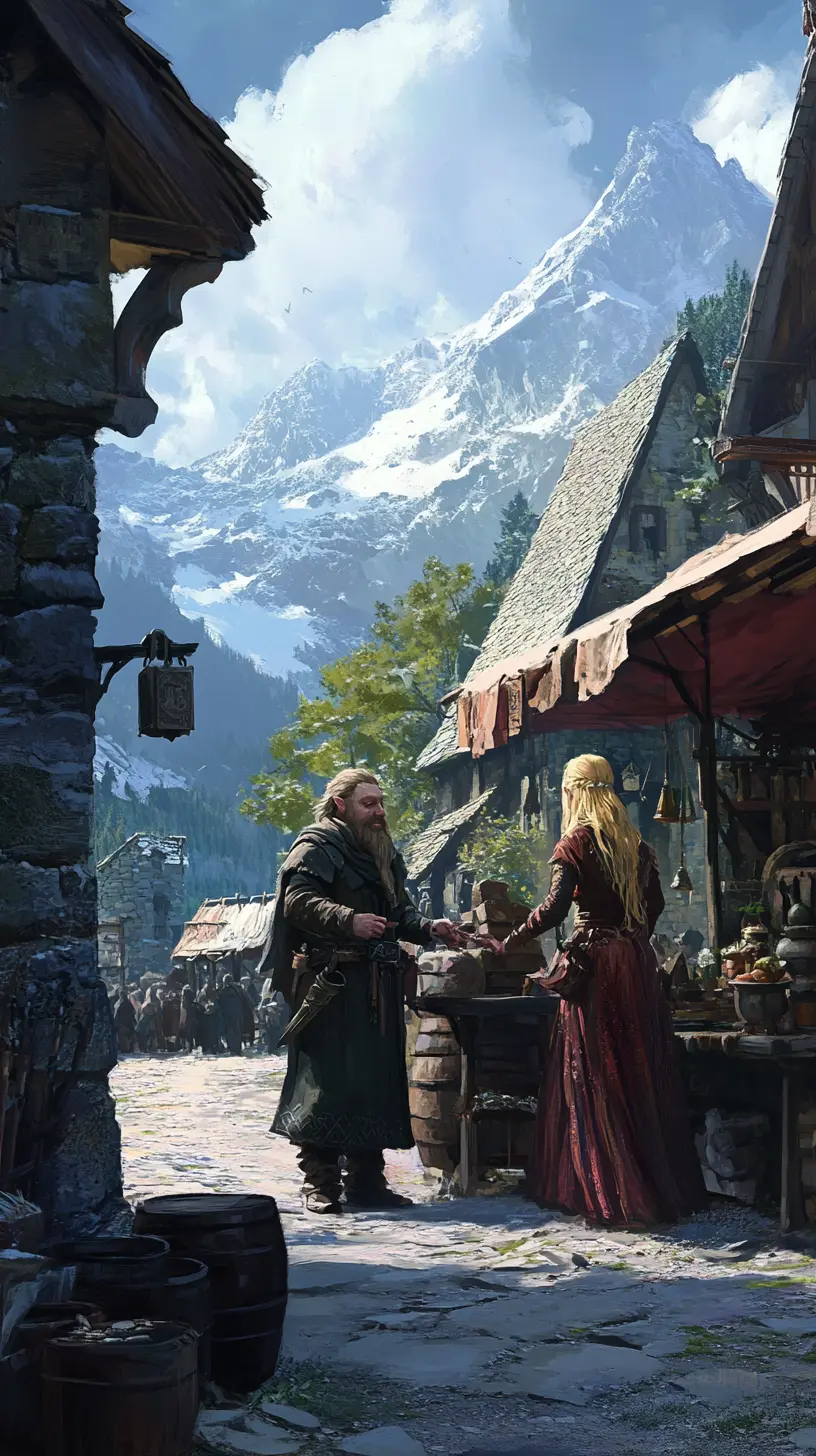
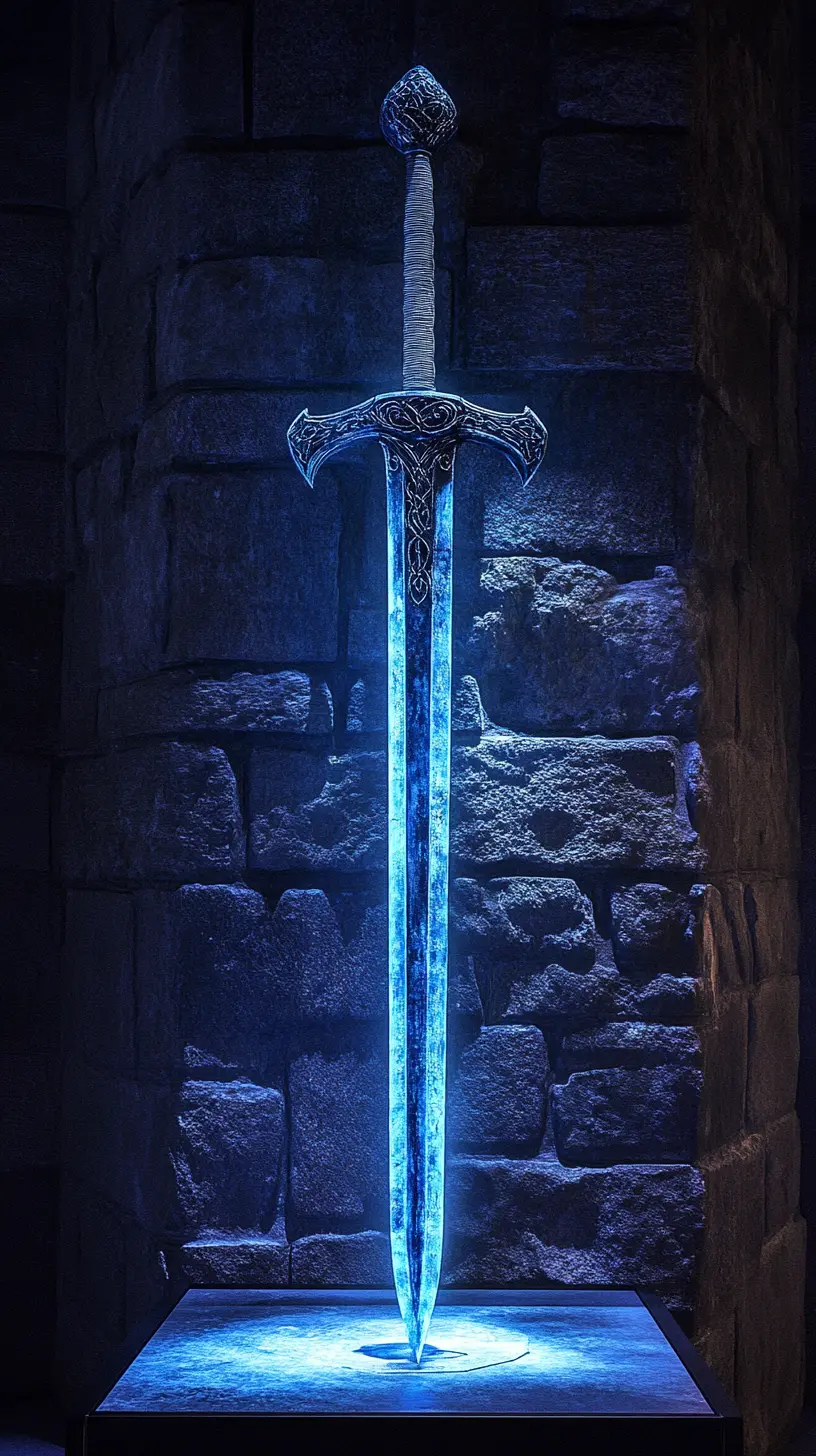
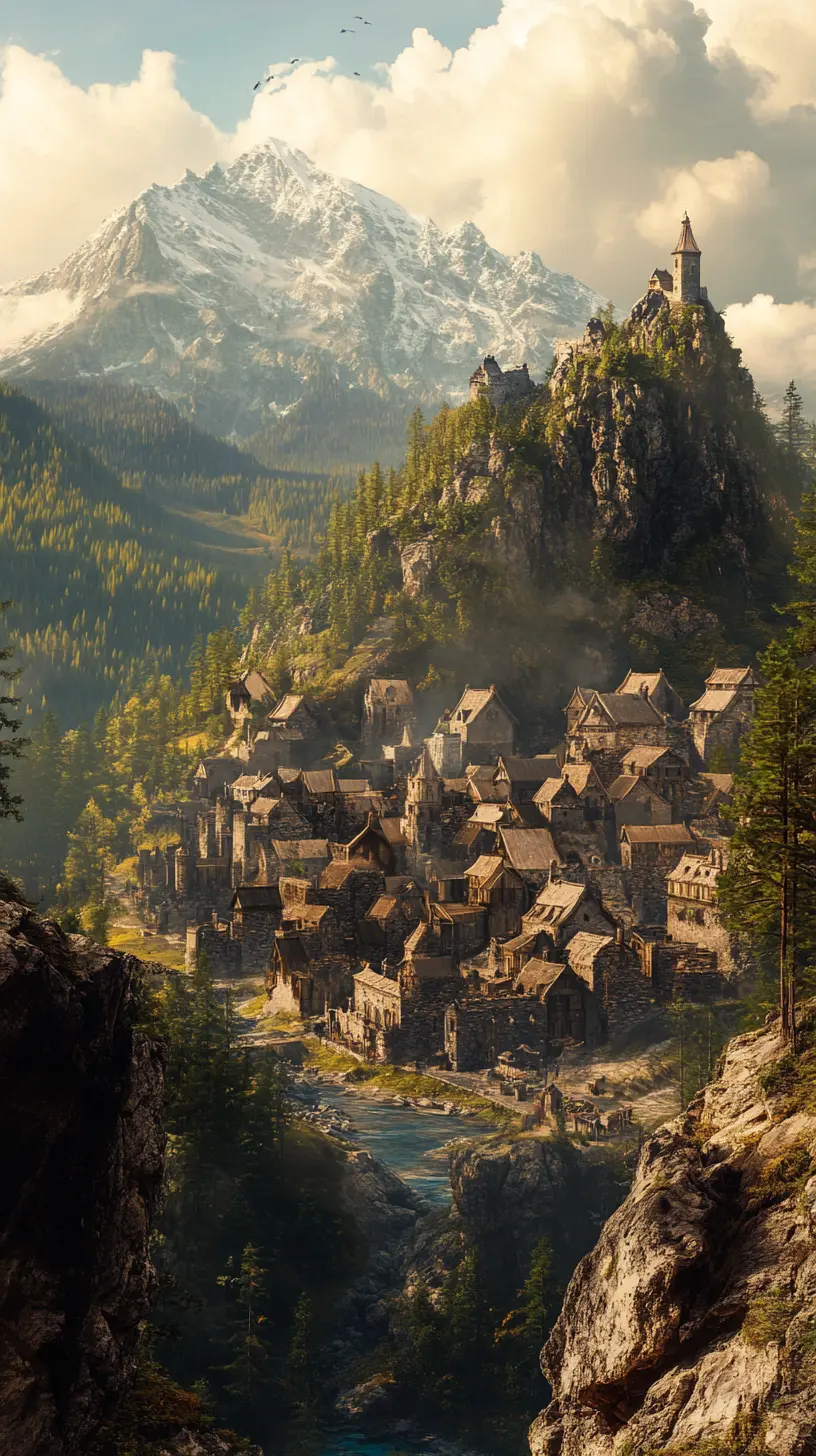
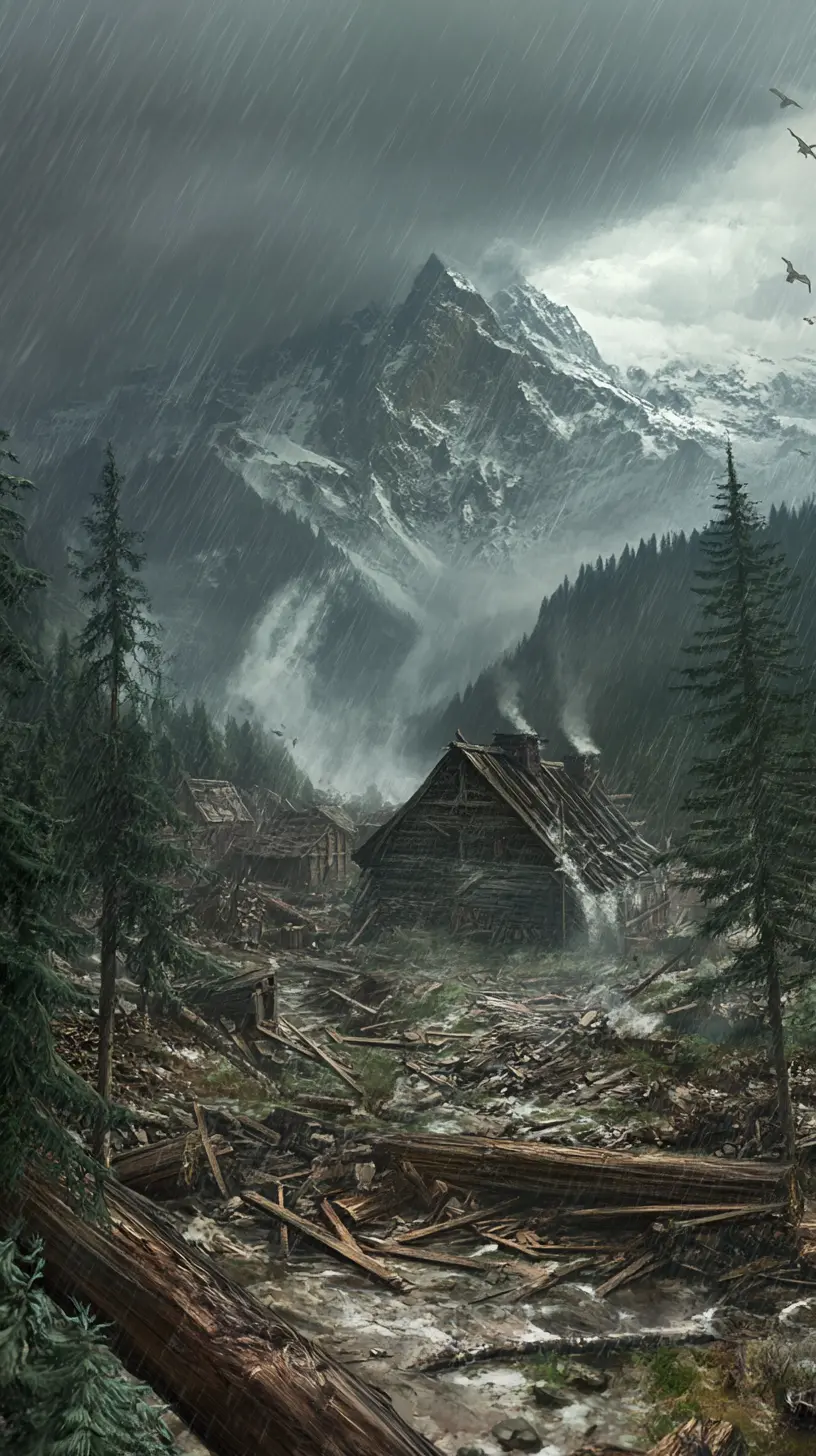


Pink slimes, eh? Fascinating. :) Sounds like a lovely town despite all the disasters. Though I don't think I would want to live there.
Explore Etrea | WorldEmber 2025
I'm putting the pink slimes down to a mage having a very bad time with chemistry! The trick is to live elsewhere in the country or nearby. Then you can stop by for trade occasionally, and when the locals start getting nervous, get the hell out of town before anything happens.
welcome to my signature! check out istralar!